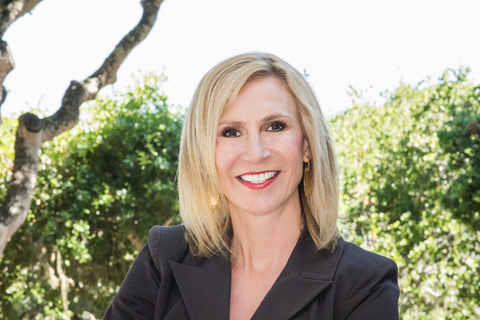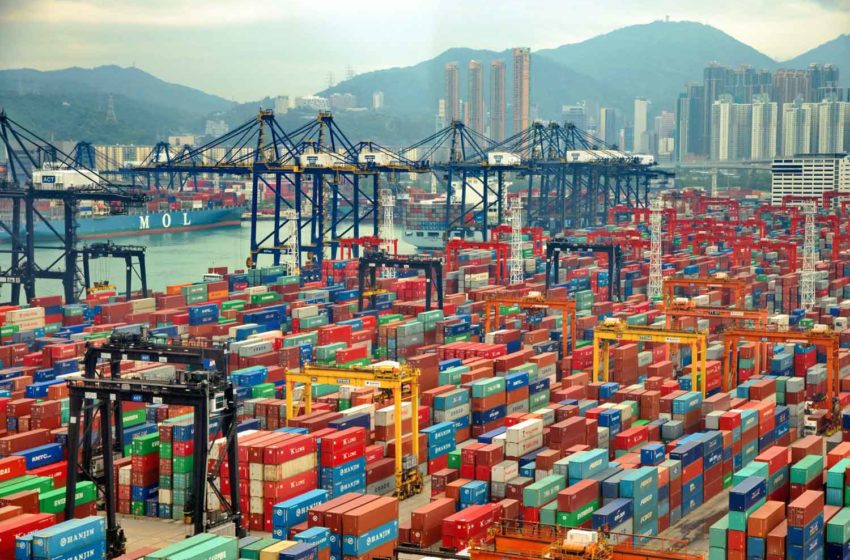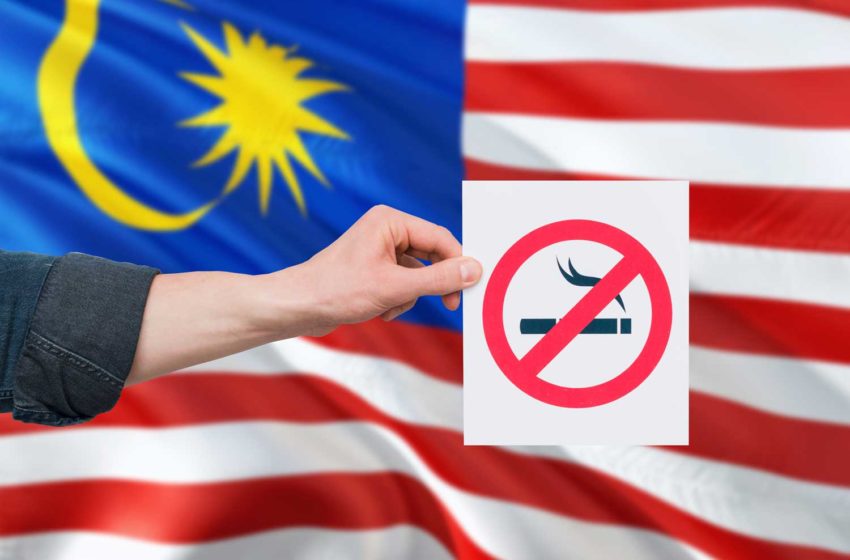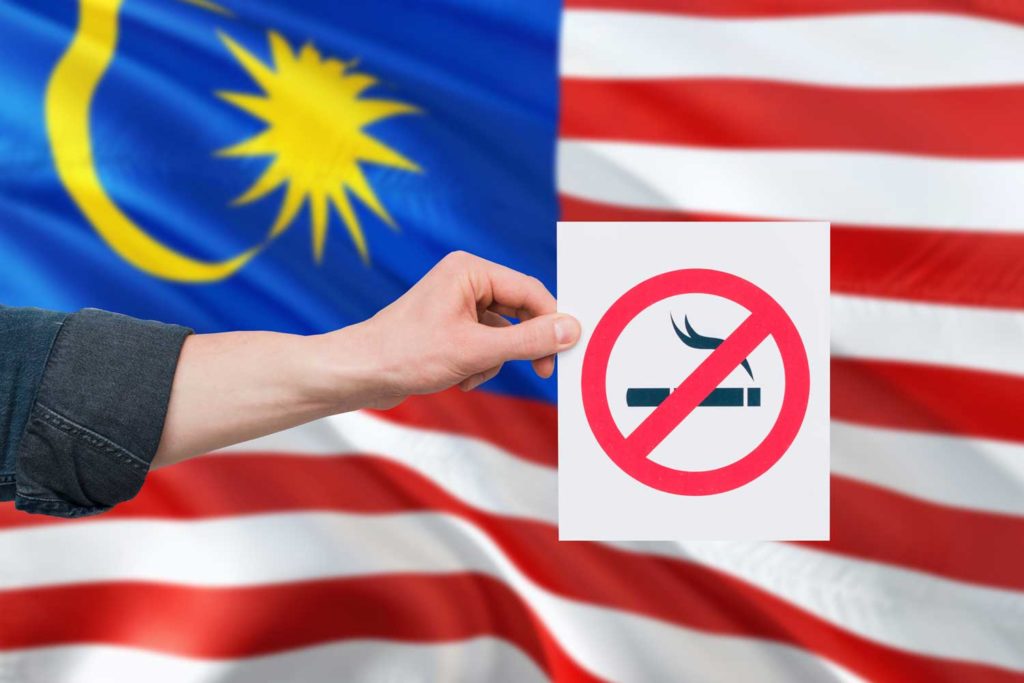
The United Tobacco Co. (UTC) has started manufacturing cigarettes in the Egyptian market, ending the decades-old monopoly by the state-owned Eastern Co., reports Ahram Online.
UTC secured a government license to establish a cigarette factory in 2022. The company is jointly owned by PMI and Eastern Co., which acquired a 24 percent stake in the firm.
Eastern Co. Managing Director Hany Aman stressed his company had not been negatively affected by UTC’s presence.
“Our acquisition transaction in the UTC compensates for the absence of PMI proper in the Egyptian market. PMI products are available in the local market under the label ‘Made by UTC,’” he stressed.
Under the deal, UTC is obliged to lease the building and the current production lines previously allotted to the manufacturing of PMI products from Eastern Co. for a period of three years. Meanwhile, Eastern Co. is obliged to manufacture PMI products on the same production lines until June 2022.
PMI affirmed its full commitment to all existing contractual relationships with traders and suppliers in order to ensure the availability of its products in Egypt. The company added that it will continue to provide all of its products at the same prices with no changes to packaging.
Eastern Co.’s revenues grew by 6 percent to EGP67.9 billion in fiscal year 2021–2022. Eastern Co. and PMI have each raised their cigarette prices twice so far in 2022 due to increased production costs and the depreciation of the Egyptian pound against the U.S. dollar.
“Eastern Co. is trying to absorb the rise in production costs that were caused by recent increases in raw materials costs and also disruptions in supply chains amid the ongoing conflict in Europe,” Aman explained to Ahram Online.
In the first half of 2022, PMI shipped 9.9 billion cigarettes and 0.3 billion heated-tobacco units in Egypt, claiming 22.5 percent share of the local market.
Eastern Co. has license-manufactured PMI’s bestselling Marlboro brand in Egypt since the 1980s.


















